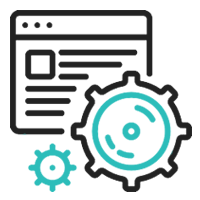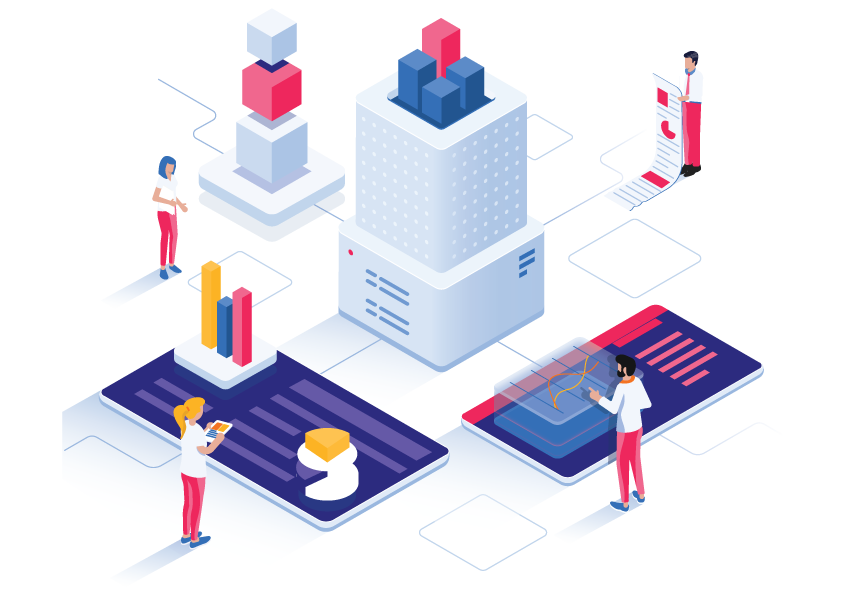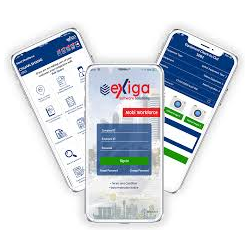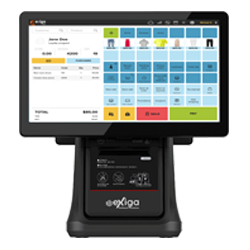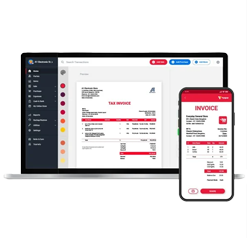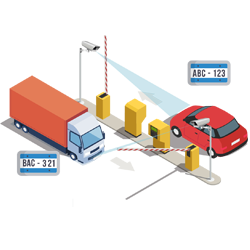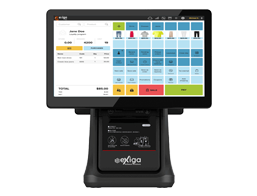DevOps Consulting
DevOps consulting focuses on bridging the gap between development and operations teams to accelerate software delivery, improve collaboration, and enhance product quality. By adopting DevOps practices, organizations can move from siloed, manual processes to a culture of automation, continuous integration, and continuous delivery (CI/CD). The goal is to streamline workflows, reduce errors, and enable faster time-to-market for software products.
A successful DevOps strategy incorporates not only advanced tools and automation but also a culture shift that emphasizes shared responsibility, transparency, and continuous improvement. DevOps consultants assess an organization’s existing infrastructure, identify bottlenecks, and design tailored strategies that optimize the entire development lifecycle. This often includes implementing CI/CD pipelines, infrastructure as code (IaC), automated testing, and monitoring systems to ensure consistent performance and reliability.
Beyond deployment, DevOps consulting also focuses on scalability, security, and resilience. Continuous monitoring and proactive incident management ensure that applications remain stable and secure even under high load. With DevOps, organizations can achieve greater agility, reduced downtime, and improved collaboration, positioning them to respond quickly to market demands and technological changes.
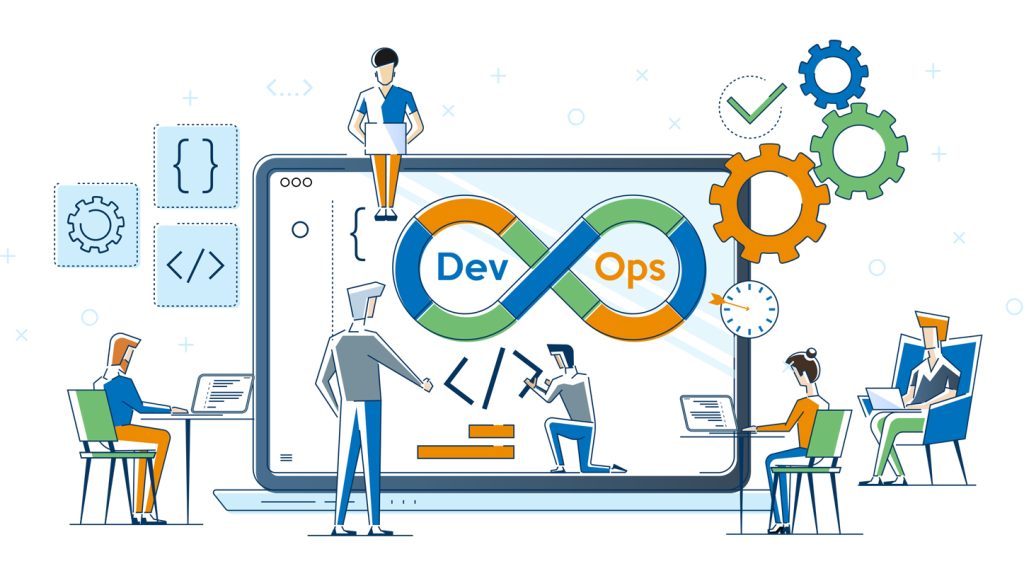
Key Features:
CI/CD Pipeline Implementation:
Infrastructure as Code (IaC):
Automated Testing:
Cloud & Container Orchestration:
Continuous Monitoring & Logging:
Security Integration (DevSecOps):
Performance Optimization:
Collaboration & Culture Building:
Automated Rollback & Recovery:
Toolchain Integration:
Key Features of DevOps Consulting:
DevOps consulting focuses on optimizing the software development lifecycle by integrating development and operations. Here are some key features:
Assessment and Analysis
Consultants begin by evaluating the current state of an organization’s development and operations processes, identifying bottlenecks, inefficiencies, and areas for improvement in workflows, infrastructure, tools, and culture.
Strategy Development and Roadmapping:
Based on the assessment, consultants create a customized DevOps adoption roadmap aligned with the organization’s business objectives, outlining specific goals, timelines, and the tools and technologies to be implemented.
Implementation and Integration:
Consultants guide and assist in implementing DevOps practices, including setting up Continuous Integration/Continuous Delivery (CI/CD) pipelines, Infrastructure as Code (IaC), automated testing frameworks, and monitoring solutions, ensuring smooth integration with existing systems.
Automation:
A core feature is identifying and automating repetitive tasks across the development and operations lifecycle, from code building and testing to infrastructure provisioning and deployment, to enhance speed, accuracy, and efficiency.
Cultural Transformation:
DevOps consulting emphasizes fostering a culture of collaboration, transparency, and shared responsibility between development, operations, and other relevant teams, breaking down silos and promoting better communication.
Toolchain Selection and Implementation:
Consultants recommend and help implement the appropriate set of DevOps tools and technologies that align with the organization’s specific requirements and facilitate seamless workflows across the software development lifecycle.
Monitoring and Feedback Loops:
Establishing robust monitoring and logging systems is a key feature, enabling organizations to gain real-time insights into application performance, identify issues proactively, and implement continuous feedback loops for ongoing improvement.
Training and Knowledge Transfer:
Consultants provide training and workshops to empower internal teams with the necessary skills and knowledge to sustain and evolve their DevOps practices independently.
Security Integration (DevSecOps):
Increasingly, DevOps consulting includes integrating security practices throughout the development lifecycle to build secure and compliant software.
Scalability and Flexibility:
Consultants help design and implement scalable infrastructure and processes, often leveraging cloud technologies, to enable businesses to adapt to changing demands and workloads efficiently.
Continuous Improvement:
DevOps consulting fosters a mindset of continuous improvement, helping organizations establish processes for ongoing evaluation, feedback, and optimization of their DevOps practices.
In essence, DevOps consulting provides the expertise and guidance needed to transform how organizations develop and operate software, leading to faster delivery, improved quality, enhanced collaboration, and greater business agility.












































